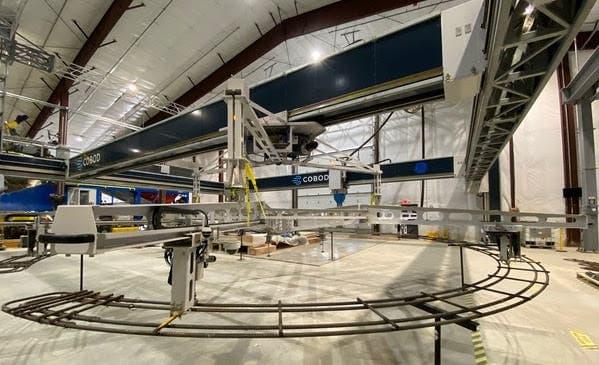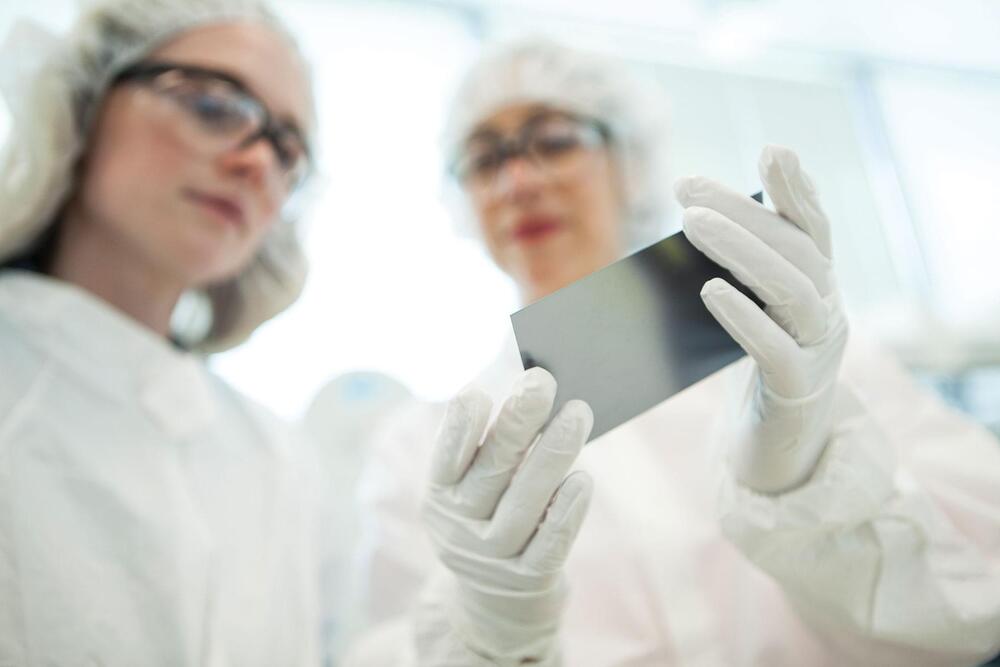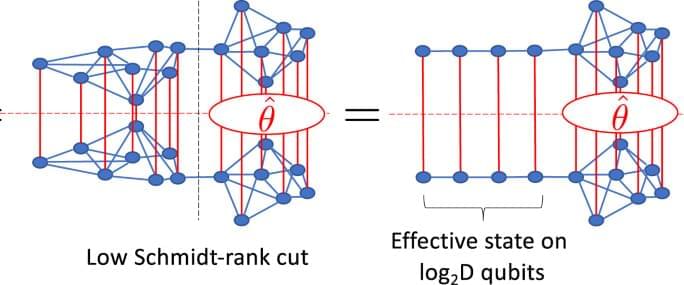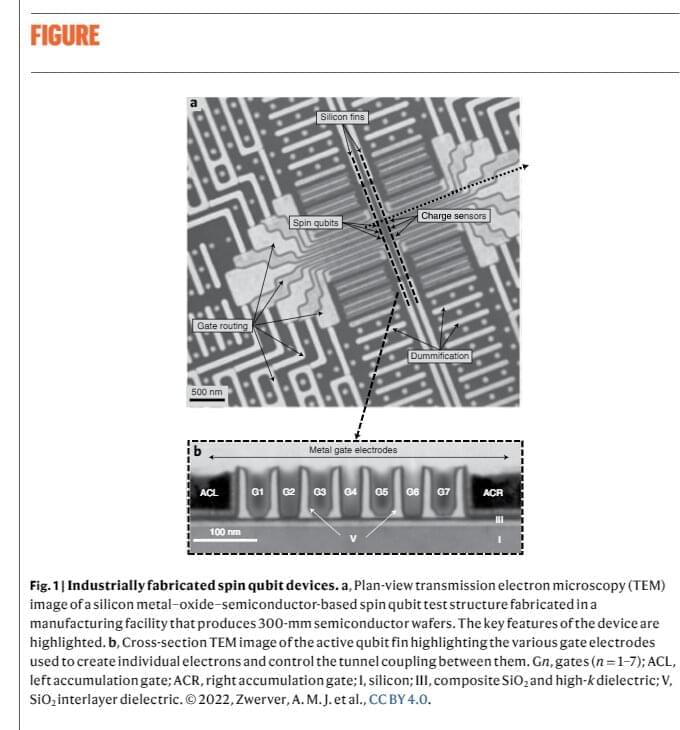GE is ready to rock the world of onshore wind turbines with 3D printing for a new concrete base.
Vast swaths of the US have yet to be tapped for wind energy, partly on account of politics and partly because wind speeds in those areas are less than optimal. Only the voting public can take care of the political end. Meanwhile, engineers and innovators are hammering away at the wind speed issue, which can be solved by building taller wind turbine towers. That’s not as easy as it sounds, but GE Renewable Energy is banking on 3D printing to overcome the obstacles.
Why Not Taller Wind Turbines?
Taller wind turbines have several advantages over their shorter cousins. They can reach heights where winds are stronger, without interference from trees, topography, or buildings. The greater height also allows for longer blades, which means a single turbine can harvest more energy. The cost efficiencies can also pile up for taller, longer wind turbines, at least on paper.








